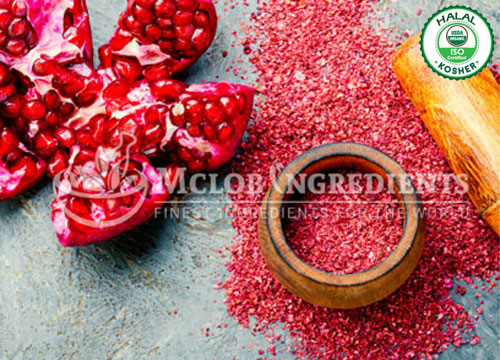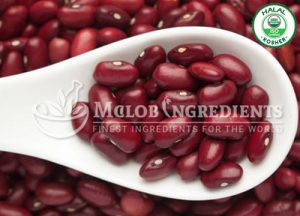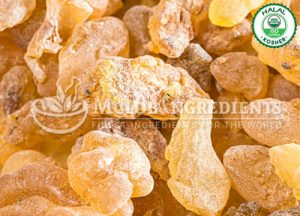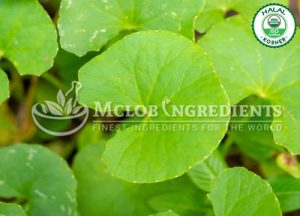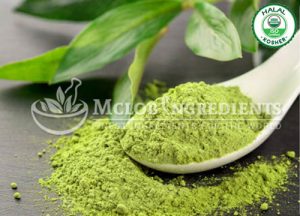Pomegranates is a fruit that is grown on trees. These trees need ample heat to grow and ripen these delicious, hard fruits. Pomegranate is a tart, sweet fruit with red thick skin. While the skin is not edible, it holds hundreds of juicy seeds that you can eat sprinkled or plain on salads, hummus, oatmeal, and other dishes. Pomegranates are native to the Middle East and some Asian countries, but in the United States, they can also be produced. In California, the majority of pomegranates are grown. They’re in season from September-November, but their long shelf life so they are usually available in grocery stores until January.
Benefits:
Pomegranates’ benefits are as follows:
- Contain Vitamin C.
- Antioxidants
- Alzheimer’s disease protection.
- Anti-inflammatory.
- Arthritis
- Heart disease.
- Cancer prevention.
- Digestion
Side Effects:
Some side effects of Pomegranates are as follows:
- Itching
- Difficulty breathing.
- Swelling
- Runny nose
- Anaphylaxis is a life-threatening reaction
Precaution:
- Avoid drinking pomegranate juice if you have a low blood pressure problem due to it might increase the risk of blood pressure dropping too low.
- Avoid allergic people
- Avoid before and after surgery because it interferes with blood pressure control.
Interaction:
Pomegranate juice might lower blood pressure. When pomegranate juice interacts with medications high blood pressure might cause blood pressure to go too low. Some medications for high blood pressure include enalapril (Vasotec), captopril (Capoten), ramipril (Altace), lisinopril (Prinivil, Zestril), and others
Dose:
For high blood pressure: In adults, 43-330 mL of pomegranate juice daily for up to 18 months has been used.



